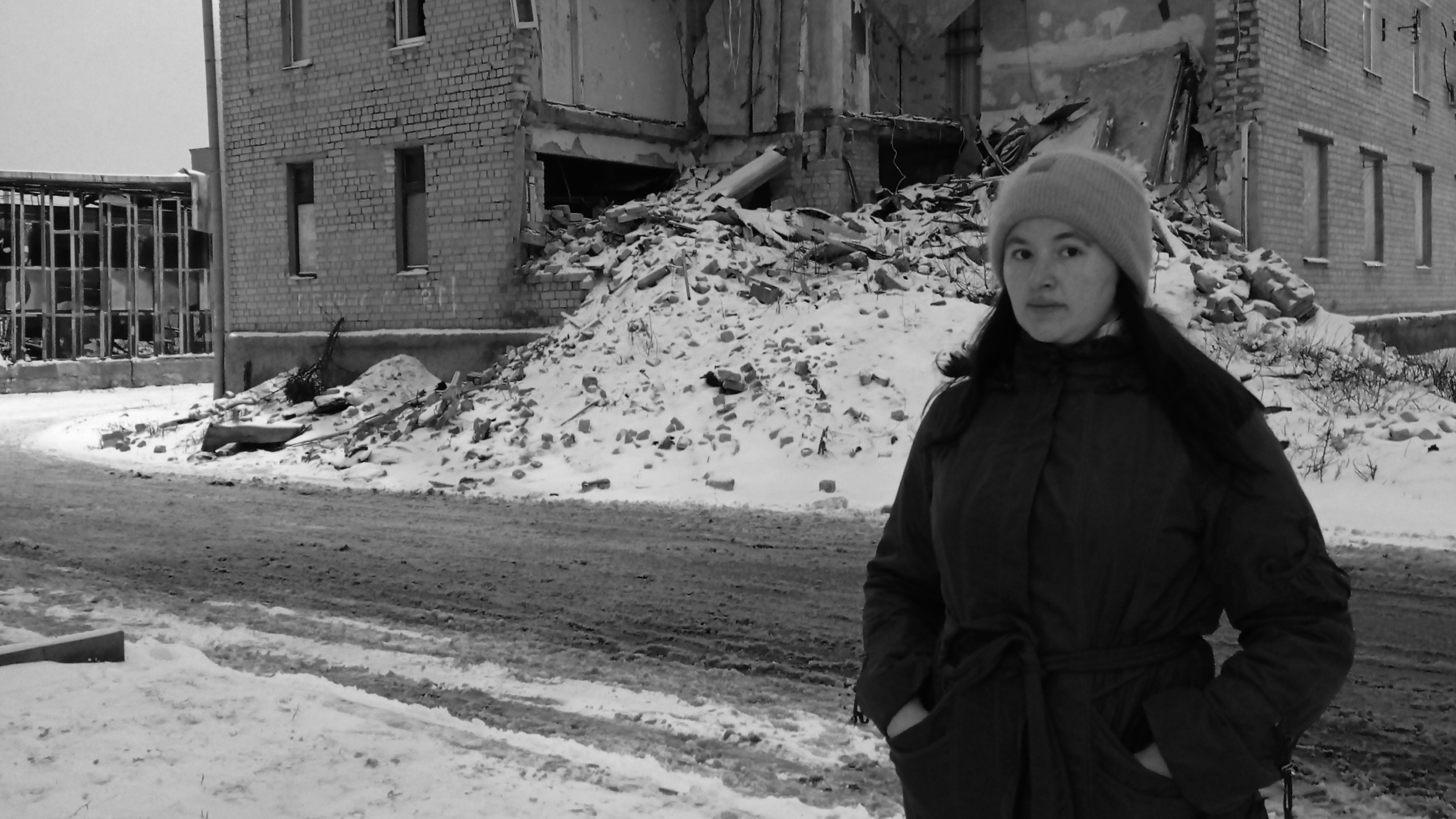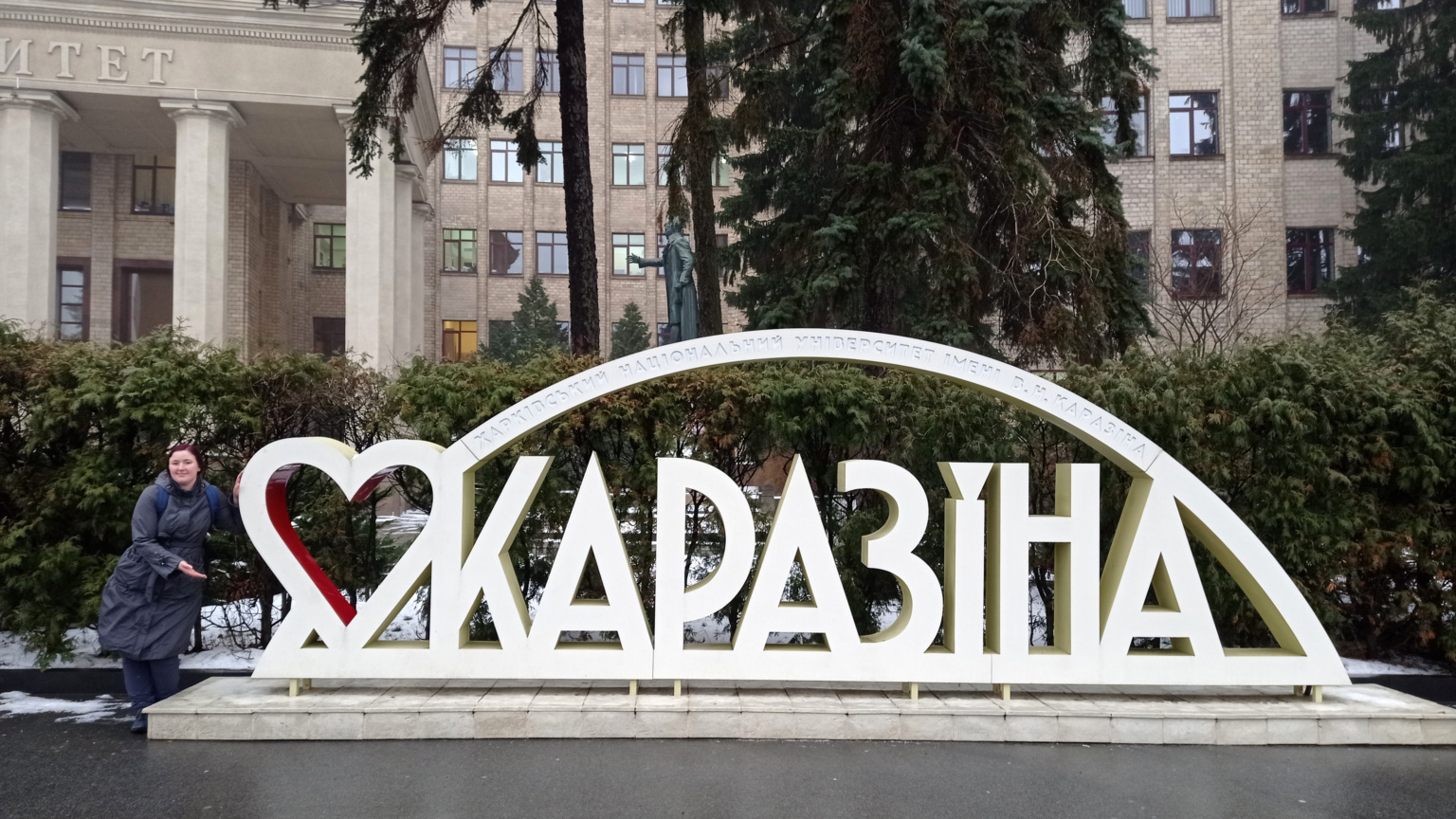Mariia Prystupa has explored factors influencing the employment of her fellow Ukrainians in Finland. She suggests that a potential approach could be to offer a short-term practical test to evaluate a person’s skills.
’Match Ukrainians’ project, spearheaded by Startup Refugees and funded by the Ami Foundation, has shed light on factors impacting the employment of Ukrainians in Finland and the obstacles they encounter in job seeking. The data was gathered by Startup Refugees. More on the project (In Finnish).
Ukrainian doctoral student Mariia Prystupa participated as a researcher in the project.
She is pursuing her studies at the Faculty of Social Sciences at the University of Helsinki. According to her there is a clear need for deeper understanding of Ukrainian jobseekers’ backgrounds in Finland.
What currently prevents the employment of your fellow Ukrainians in Finland?
It’s challenging to pinpoint specific issues without a deeper understanding of Ukrainians’ backgrounds, which would require more thorough data collection, such as full CVs or personal interviews.
It’s evident that people aim to find jobs matching their skills. However, those in vulnerable positions may feel insecure, and intentionally lower their expectations, leading them to accept any available job.
I recall for example a case where a person on a fixed-term contract at a primary school was replaced after a few months. We may not know the full details, but it suggests the presence of institutional barriers.
What are the crucial factors for finding a job that corresponds to both one’s skills and personal preferences?
Several factors are involved, but education and prior work experience were highlighted as crucial in our report at Startup Refugees.
We noted numerous educational and medical professionals in our collected data. Particularly in these fields, it’s vital for Finland to trust the education and experience of prospective employees.
I don’t see an immediate solution, but a potential approach could be to offer a short-term practical test to evaluate a person’s skills. However, I recognise the slow pace of official document approval.

In Finland, almost everyone with higher education qualifications speaks at least one foreign language in addition to Finnish and Swedish. In Ukraine, especially among the older generation, it’s common to have a university degree but not speak any foreign languages. This indicates a need for services that allow individuals to work while learning a new language during the documentation process.
Should something be changed in employers’ mindsets or practices?
Employing a non-native requires more effort from employers compared to hiring a native familiar with the local job market and, for instance, the taxation system. I’ve personally struggled with the taxation card and made mistakes, so I can relate.
Language is another issue: even if Finnish is not required for the application process, employers want to ensure clear communication and mutual understanding in job orientation and getting everyone on board. This caution partly explains their hesitancy.
There might also be concerns about cultural differences, although Ukrainians are generally seen as culturally close to Finns. Building trust between people simply takes time.
What sparked your personal interest in the topic?
My interest in this field began in my hometown of Kharkiv, where I studied at V.N. Karazin Kharkiv National University at the Department of Sociology. My master’s thesis examined social effects on labour communities due to the displacement of workers. In 2014, I completed a course on legal frameworks in different countries, and chose Finland as my case study. I was already interested in the Finnish language and culture.
I arrived in Finland on 1 May 2022, by bus from Warsaw, traveling with my dog and cat. I was fortunate to have good circumstances, and managed to establish connections in the academic field.
Generally, employment and labour immigration are significant topics in Finland, and I appreciate the people-centred approach to work and employment here.
Further reading
Mariia Prystupa’s interview in Finnish.
The Ami Foundation examines the changing competence needs and structures within the labour market, from the perspectives of people, organisations, and the society as a whole. We fund and steer research and experiments.
